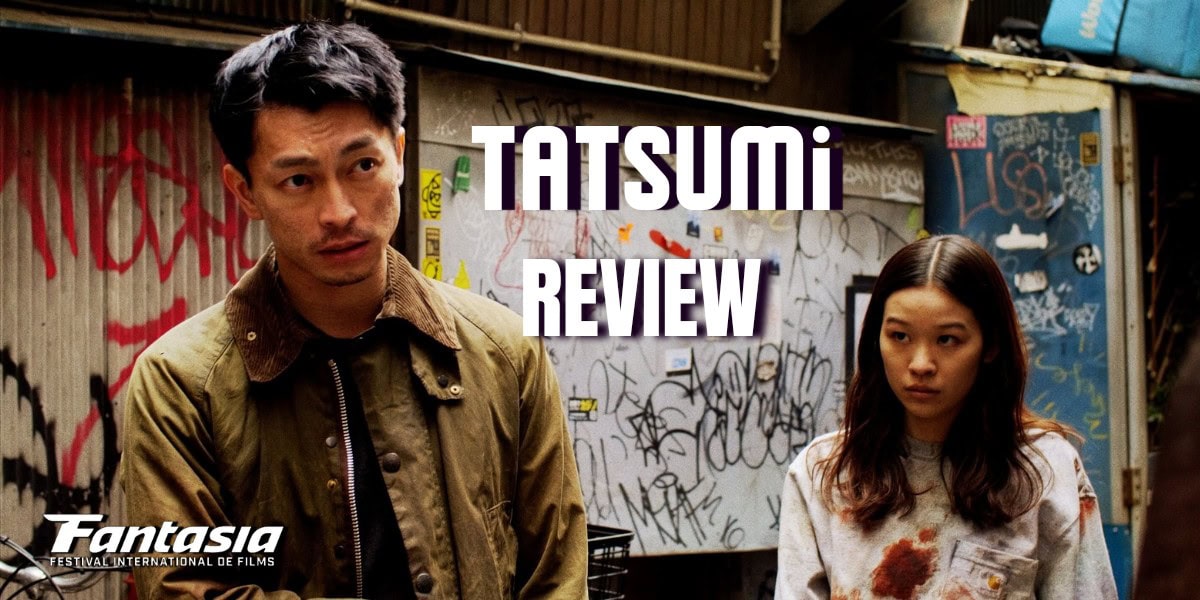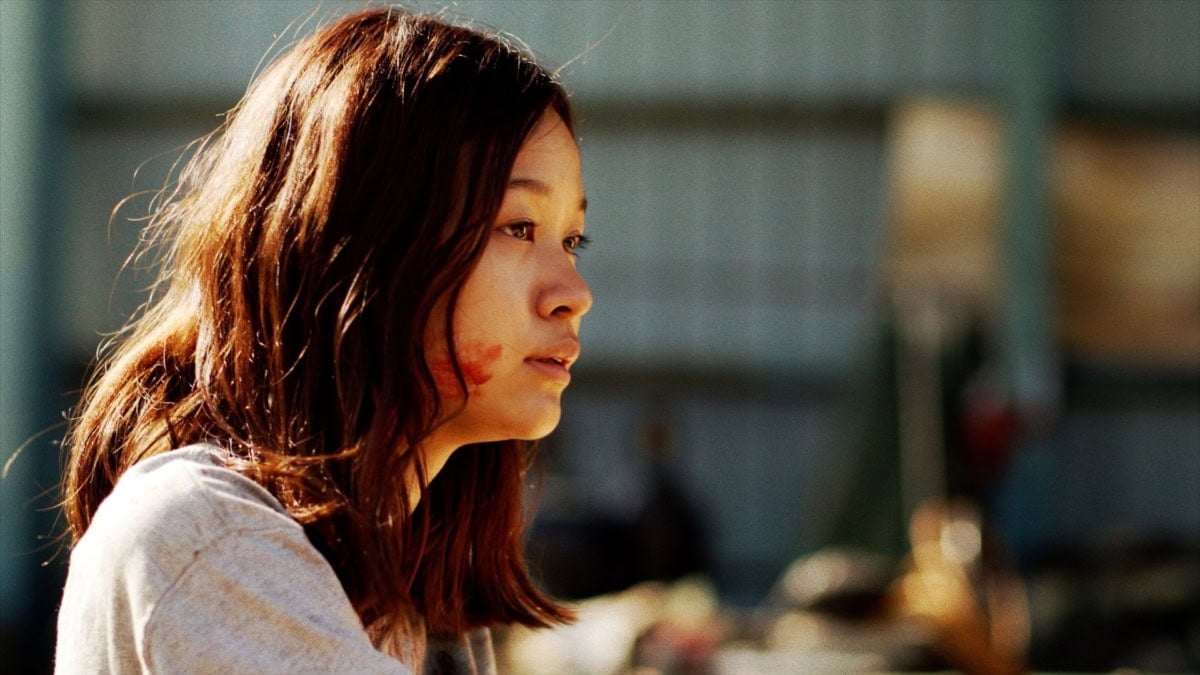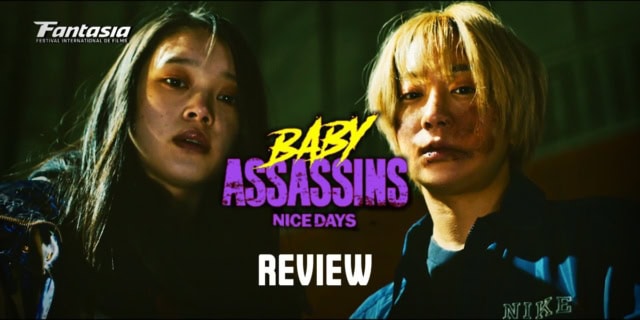Fantasia Fest 2024 Review: ‘Tatsumi’ is an Unimpressive Mob Thriller

With the Fantasia International Festival well underway, there are plenty of movies to still enjoy and appreciate in the Hall and J.A. de Sève auditoriums at Concordia University. A movie that sounded interesting on paper to me was Hiroshi Shoji’s Tatsumi, a mob drama that centers on its titular character (Yuya Endo) seeking revenge on the people who murdered his ex-girlfriend, Kyoko (Nanami Kameda).
The twist here is that his services are sought out by Kyoko’s sister, Aoi (Kokoro Morita), who wants revenge more than anything else. She enlists Tatsumi’s help, who accepts. One of the more interesting aspects of the film is how it asks cogent questions about the search for retribution through violence. In one scene, the film’s main antagonist confronts Aoi and tells her that violence solves nothing (though they resort to violent methods anyway) and won’t bring her satisfaction to see the people who killed her sister.
Tatsumi asks pertinent questions on our obsession with violence
This question is at the heart of Tatsumi. Yet, none of the relationships are developed further than the beginning of questions that director Hiroshi Shoji attempts to ask, leaving the result unfulfilling and, quite honestly, disappointing. However, that doesn’t stop him from crafting a compelling visual palette. The use of colors is particularly striking, and the imagery is beautifully enveloping to look at on the big screen. It doesn’t reference any filmmaker in particular, but actively stands out on its own two feet.
The lighting is amazingly vivid and adds much depth to the images that Shoji proposes. I especially love the opening scene, which doesn’t take much time to grab us into the story. Shoji shakes the camera as Tatsumi shakes his brother, and we’re immediately locked in. Beginning your movie in media res is a big ask, as the suspense quickly brought upon by a tension-filled scene must be sustained throughout the film. It also gives the movie a much-needed emotional anchor to invest us right from the start, with Tatsumi being knee-deep in trouble before the main plot begins to kick into motion. As it drifts away from that storyline and segues into Aoi’s revenge-fueled quest, that’s where the movie begins to lose its grip.

Hiroshi Shoji’s film is badly paced and structured
Baring one kinetic and surprisingly effective action scene aside (that made the sold-out Fantasia crowd go wild), Tatsumi’s pace is soul-crushingly languishing. Whenever the movie has energy, it doesn’t last very long, even if the visual look of the film is always compelling to observe. The relationship between Tatsumi and Aoi is thinly developed, even if formative scenes of violence bring them closer than they ever thought possible. Violence is at the heart of Aoi’s quest, while Tatsumi wants to further stray away from it. The two won’t entirely connect, and that’s normal with Tatsumi’s line of work, but their relationship still feels empty and half-baked. For Aoi to fulfill her revenge-fueled quest, she must trust Tatsumi, who, in turn, must also accept Aoi’s help to go further than he will go through.
This is fine, but Shoji has difficulty showcasing this (dis)connection on screen. The actors do a fine job portraying an intriguing relationship but can never go further than the script takes them. The mark of any great movie is seeing actors go beyond what’s on the page and make us feel emotions far deeper than what’s written. But Shoji’s direction of its actors isn’t assured, and he can’t guide the talent past what he wrote for the movie. As a result, Tatsumi wears itself thin relatively quickly. It does have a premise rife with development, but since it never wants to develop it actively, we never fully care enough about the protagonists. Strong emotional moments of immense power hit like a thud, and the rest of the movie feels more like an obligation to sit with it rather than something truly worthwhile.
While Shoji has certainly nailed the visual aspect of Tatsumi, the pacing and screenwriting need way more polish than what’s on the screen. The premise is interesting enough that something salvageable may occur with a few tweaks in the editing room. Sometimes, a movie premieres at festivals, doesn’t get a great reception, is retweaked and a better version is ultimately release. In the case of Tatsumi, the current version will disappoint instead of grabbing your attention, and that’s not something any filmmaker who introduces their film at Fantasia would like to see.
For more about Tatsumi at Fantasia Fest 2024, see Fantasia Festival’s website. Are you interested in seeing this movie? Or have you seen it? Let us know what you think on social media @mycosmiccircus!
Fantasia Fest 2024 Review: Baby Assassins: Nice Days Is One of the Best Action Movies Ever Made




